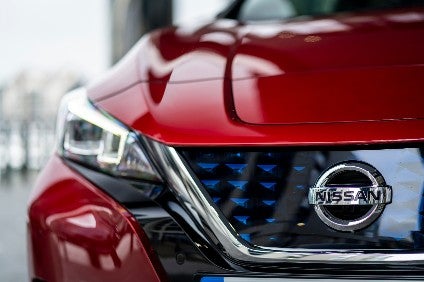Nissan has now confirmed the closure of its Barcelona, Spain, manufacturing plant as part of a new business plan that focuses on cost control and the needs of core markets.
The Barcelona plant was widely tipped to be a casualty of the new Nissan business plan which eschews the volume expansion approach of former Nissan chairman Carlos Ghosn. The plant employs around 3,000 and mainly makes vans and pickups for the European market.
The Nissan Barcelona plant has been working at just 20% of its productive capacity (capacity is 120,000 units pa) and has seen industrial action from labour unions in recent months. It makes the Navara pickup, Renault Alaskan, Nissan NV200 van and X-Class for Mercedes-Benz.
The plant closure comes in the context of Nissan’s plan to reduce its global production capacity and number of model offerings by 20% by 2023. That will leave it producing 5.4 million units a year under normal operation and a model portfolio of around 55 models – down from 69 currently.
Ahead of the new plan, Nissan posted a larger than expected net loss of JPY671 billion for the year ended in March as the COVID-19 outbreak devastated sales in its major markets. The loss exceeds the company’s net loss of JPY233 billion for the 12 months ending in March 2009.
Loss-making Nissan had no real alternative but to cut costs wherever it could.
Loss-making Nissan had no real alternative but to cut costs wherever it could. The closure of the troubled Barcelona plant was widely expected, but the company is also taking serious action to reduce cost elsewhere including closing a plant in Indonesia (which had already ceased operations). The company’s Thailand plant is now its single ASEAN production base.
The new focus on core markets and products also makes sense, along with greater leveraging of the alliance with Renault in Europe – again, a move that should reduce costs.
Concentrating on vehicle segments where Nissan is strong – especially electric vehicles, but also compact SUVs – was a no-brainer for a management team now embarking on a post-Carlos Ghosn strategic path.
In the US, the approach will be to move away from reliance on fleet sales and aggressive volume targets to build a much more profitable business based on sustainable growth.
A credible mid-term plan is a good start, even in these uncertain COVID-19 times. The key now will be execution on this plan in the context of a potentially volatile global business landscape recovering from the unprecedented COVID-19 shock.







